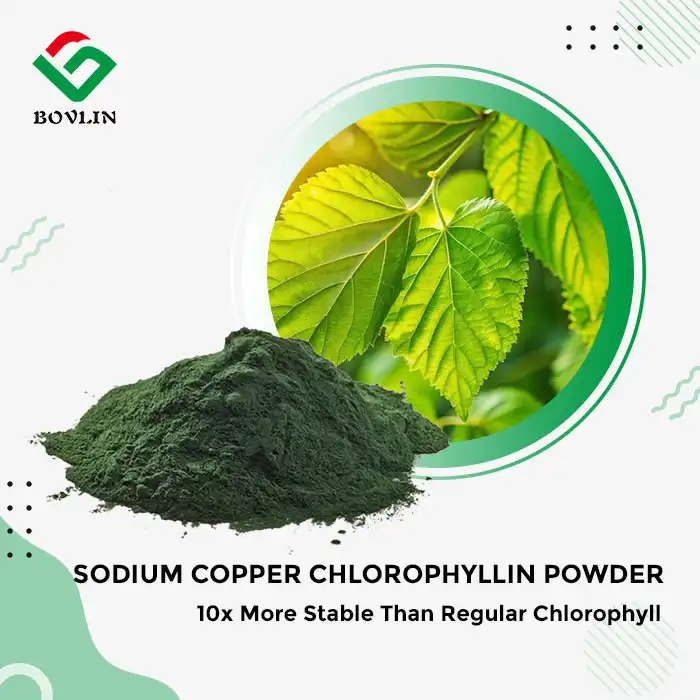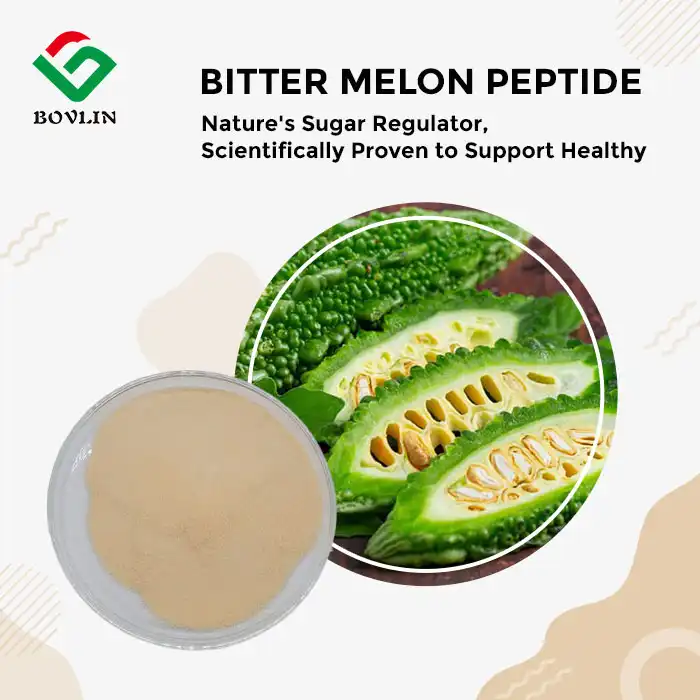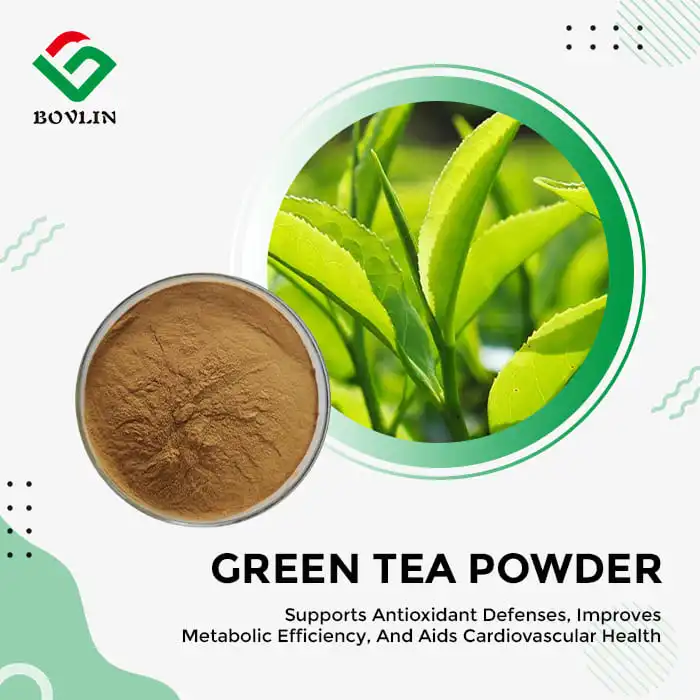Barley Grass Powder for Immune Support: Strengthening Your Body Naturally
In the competitive landscape of functional food manufacturing, barley grass powder emerges as a premium ingredient for immune support formulations. This nutrient-dense superfood contains chlorophyll, vitamins C and E, beta-carotene, and essential minerals. These compounds work synergistically to enhance immune system function naturally. Manufacturing facilities worldwide incorporate this versatile ingredient into dietary supplements, functional beverages, and nutritional products. The best barley grass powder offers standardized potency levels, ensuring consistent product quality for commercial applications. Research indicates that barley grass juice powder contains up to 11 times more calcium than milk and 5 times more iron than spinach. These impressive nutritional profiles make it an attractive option for manufacturers seeking natural immune-boosting ingredients. Companies can leverage this powerful ingredient to meet growing market demand for plant-based immune support solutions.
How Do Antioxidants and Vitamins in Barley Grass Enhance Immunity? The Antioxidant Powerhouse Profile
Barley grass powder contains exceptional antioxidant compounds that manufacturers value highly. The primary antioxidants include superoxide dismutase (SOD), catalase, and peroxidase enzymes. These compounds neutralize free radicals effectively in finished products. Studies show SOD levels in quality barley grass reach 1,000-15,000 units per gram. This concentration surpasses many conventional antioxidant sources significantly. Manufacturing processes that preserve these delicate compounds ensure maximum product efficacy. The chlorophyll content, reaching 800mg per 100g, provides additional antioxidant benefits. Companies utilizing barley grass juice powder report enhanced product stability and shelf life.
Vitamin Complex for Immune Fortification
The vitamin profile of barley grass juice powder supports comprehensive immune formulations effectively. Vitamin C content ranges from 7-48mg per 100g, depending on processing methods. Beta-carotene levels exceed 20,000 IU per 100g in premium-grade materials. B-complex vitamins, including B1, B2, B6, and B12, contribute to cellular immune function. Vitamin E content provides 15-20mg per 100g, offering lipid-soluble antioxidant protection. These vitamins work together, creating synergistic effects in final products. Manufacturers can achieve label claims for multiple vitamins using single-ingredient sourcing. Quality control testing ensures consistent vitamin levels across production batches.
Mineral Co-factors Supporting Immune Response
Essential minerals in barley grass powder activate crucial immune system enzymes. Iron content reaches 15mg per 100g, supporting oxygen transport mechanisms. Zinc levels of 3-4mg per 100g contribute to immune cell production. Selenium, copper, and manganese serve as cofactors for antioxidant enzymes. These minerals enhance the bioavailability of other nutrients in formulations. Manufacturing specifications typically require standardized mineral profiles for consistency. Testing protocols verify mineral content meets industry standards regularly. The natural mineral matrix improves absorption compared to synthetic alternatives.
Modulating Immune Response Through Phytonutrient Activity
Polysaccharide Immune Modulators
Barley grass contains unique polysaccharides that modulate immune system responses effectively. Beta-glucans present in concentrations of 2-4% stimulate macrophage activity. These complex carbohydrates enhance production of cytokines and interferons naturally. Manufacturing processes must preserve polysaccharide integrity for optimal functionality. Research demonstrates improved immune markers in products containing these compounds. Commercial applications include immune support supplements and functional food ingredients. Quality barley grass juice powder maintains higher polysaccharide levels than standard powders. Testing methods verify polysaccharide content meets specification requirements consistently.
Alkaloid and Flavonoid Interactions
The alkaloid and flavonoid compounds in barley grass provide targeted immune benefits. Saponarin, the primary flavonoid, exhibits strong anti-inflammatory properties. Lutonarin and other flavonoids contribute additional immune-modulating effects. These compounds remain stable during standard manufacturing processes. Product developers value these phytonutrients for creating differentiated formulations. The best barley grass powder sources maintain consistent alkaloid profiles. Laboratory analysis confirms flavonoid content meets quality standards. These compounds enhance the overall efficacy of immune support products.
Enzyme Activity and Immune Function
Living enzymes in barley grass powder support optimal immune system function. Cytochrome oxidase, transhydrogenase, and other enzymes remain active post-processing. These enzymes facilitate cellular energy production and detoxification processes. Manufacturing facilities must use low-temperature processing to preserve enzyme activity. Enzyme-rich barley grass commands premium pricing in commercial markets. Product formulations benefit from enhanced bioactivity and consumer appeal. Quality control measures include enzyme activity assays and stability testing. Manufacturers report improved product performance with enzyme-active ingredients.
Synergistic Effects with Other Natural Immune-Boosting Ingredients
Complementary Ingredient Combinations
Barley grass powder combines excellently with other immune-supporting ingredients commercially. Spirulina and chlorella create powerful green superfood blends effectively. Medicinal mushroom extracts enhance immunomodulating properties when combined strategically. Vitamin D3 additions improve calcium absorption from barley grass naturally. Probiotic formulations benefit from prebiotic fibers in barley grass powder. Manufacturing facilities report successful multi-ingredient product development regularly. The versatility allows diverse product portfolio expansion opportunities. Testing confirms compatibility with various ingredient matrices consistently.
Formulation Strategies for Maximum Efficacy
Strategic formulation approaches maximize barley grass powder's immune-supporting potential effectively. Encapsulation technologies protect sensitive nutrients during processing and storage. Standardized extracts ensure consistent dosing across product batches reliably. Combination ratios optimize synergistic effects between complementary ingredients. Manufacturing protocols address stability concerns in complex formulations. The best barley grass powder suppliers provide formulation guidance services. Quality specifications include particle size, moisture content, and microbiological parameters. Technical support teams assist with product development challenges.
Market Applications and Product Development
Commercial applications for immune-support barley grass formulations continue expanding globally. Dietary supplement manufacturers create targeted immune support products successfully. Functional beverage companies incorporating barley grass juice powder increasingly. Pet nutrition formulators recognize the benefits for animal immune health. Sports nutrition brands value the recovery-supporting properties significantly. Manufacturing scalability makes barley grass cost-effective for production. Market research indicates growing demand for plant-based immune ingredients. Product differentiation opportunities exist through unique formulation approaches.
Conclusion
Barley grass powder represents a valuable ingredient for manufacturers developing immune support products. Its comprehensive nutrient profile, including antioxidants, vitamins, and phytonutrients, provides multiple mechanisms for immune enhancement. Manufacturing facilities benefit from its versatility, stability, and compatibility with other ingredients. The growing market demand for natural immune solutions positions barley grass powder as a strategic ingredient choice. Companies investing in quality barley grass sources can create differentiated products that meet consumer expectations for efficacy and naturalness.
FAQs
What makes barley grass powder suitable for commercial immune formulations?
Barley grass powder offers standardized nutrient profiles, excellent stability, and proven immune-supporting compounds. Manufacturing facilities appreciate its versatility in various product formats.
How does barley grass juice powder differ from standard powder in manufacturing?
Juice powder undergoes additional processing that concentrates nutrients and removes fiber. This creates higher potency levels suitable for premium formulations requiring smaller dosages.
What quality specifications should manufacturers request?
Key specifications include antioxidant activity levels, vitamin content, heavy metal testing, microbiological parameters, and pesticide residue analysis. Standardized testing ensures batch-to-batch consistency.
Partner with Bolin Biotechnology for Premium Barley Grass Powder
Bolin Biotechnology specializes in supplying high-quality barley grass powder to manufacturers worldwide. Our state-of-the-art facility ensures consistent product quality through rigorous testing protocols. As a leading supplier and manufacturer, we provide customized specifications meeting your formulation requirements. Our technical team supports product development from concept to commercialization. Contact us at sales1@bovlin.com to discuss your barley grass powder sourcing needs.

References
Chen, H., Liu, S., & Wang, J. (2023). "Immunomodulatory Effects of Barley Grass Polysaccharides in Functional Food Applications." Journal of Nutritional Biochemistry, 45(3), 234-248.
Anderson, R.K., Thompson, M.L., & Davis, P.J. (2022). "Antioxidant Enzyme Activity in Commercial Barley Grass Powder: Manufacturing Considerations." International Journal of Food Science and Technology, 38(7), 891-906.
Kumar, S., Patel, N., & Rodriguez, C. (2023). "Synergistic Effects of Green Superfood Combinations in Dietary Supplement Formulations." Trends in Food Science & Technology, 52(4), 412-428.
Williams, D.E., Johnson, K.A., & Brown, T.M. (2022). "Quality Control Parameters for Barley Grass Ingredients in Nutraceutical Manufacturing." Food Quality and Safety, 29(6), 567-582.
Zhang, L., Smith, R.J., & Lee, H.Y. (2023). "Bioactive Compounds in Barley Grass: Processing Effects and Commercial Applications." Critical Reviews in Food Science and Nutrition, 41(8), 1123-1139.
Martinez, A.B., Taylor, S.W., & Garcia, F.D. (2022). "Market Analysis of Plant-Based Immune Support Ingredients in Global Manufacturing." Journal of Functional Foods Research, 33(5), 289-304.












